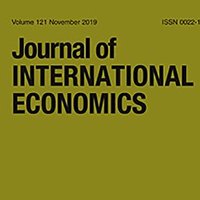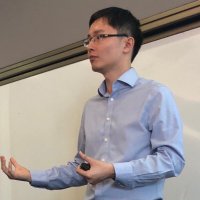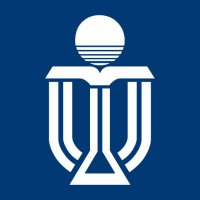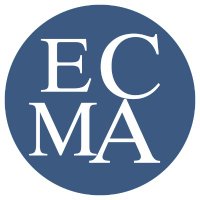
Maxim Alekseev
@alekseevme
Assistant professor, HKUST Business School (@HKUST)
Geoeconomics, trade, finance
ID: 1168531905186127873
https://maximalekseev.com/ 02-09-2019 14:31:58
69 Tweet
741 Followers
837 Following



New: "A theory of economic sanctions as terms-of-trade manipulation" by John Sturm Beck (John Sturm Becko). How can a country design cost-effective trade sanctions? doi.org/10.1016/j.jint… 1/2


Sabotaging foreign productivity can raise domestic real income, but the destruction of foreign productivity needs to be comprehensive, otherwise everyone loses, from @JinLiu79496180, Martin Rotemberg, and Sharon Traiberman nber.org/papers/w32798




Learning from Leonardo (Leonardo D'Amico) has been one of the greatest privileges of my PhD. This has been an incredible project to be part of.





New paper on recent US tariffs with Matt Rognlie and Adrien Auclert Our focus: effects of temporary increases in tariffs (“tariff shocks") Three Qs: 1 Will tariffs lead to a recession? 2 Will they reduce the trade deficit? 3 Why are they not appreciating USD? (as in std theory) 🧵








![HKUST (@hkust) on Twitter photo [ HKUST Opens Doors to Harvard Students Amid Global Academic Shifts ]
In light of global academic shifts, HKUST is extending an open invitation to international students currently enrolled at, or holding confirmed offers from, Harvard University to continue their academic [ HKUST Opens Doors to Harvard Students Amid Global Academic Shifts ]
In light of global academic shifts, HKUST is extending an open invitation to international students currently enrolled at, or holding confirmed offers from, Harvard University to continue their academic](https://pbs.twimg.com/media/GrnZu1eXAAAYCEH.jpg)